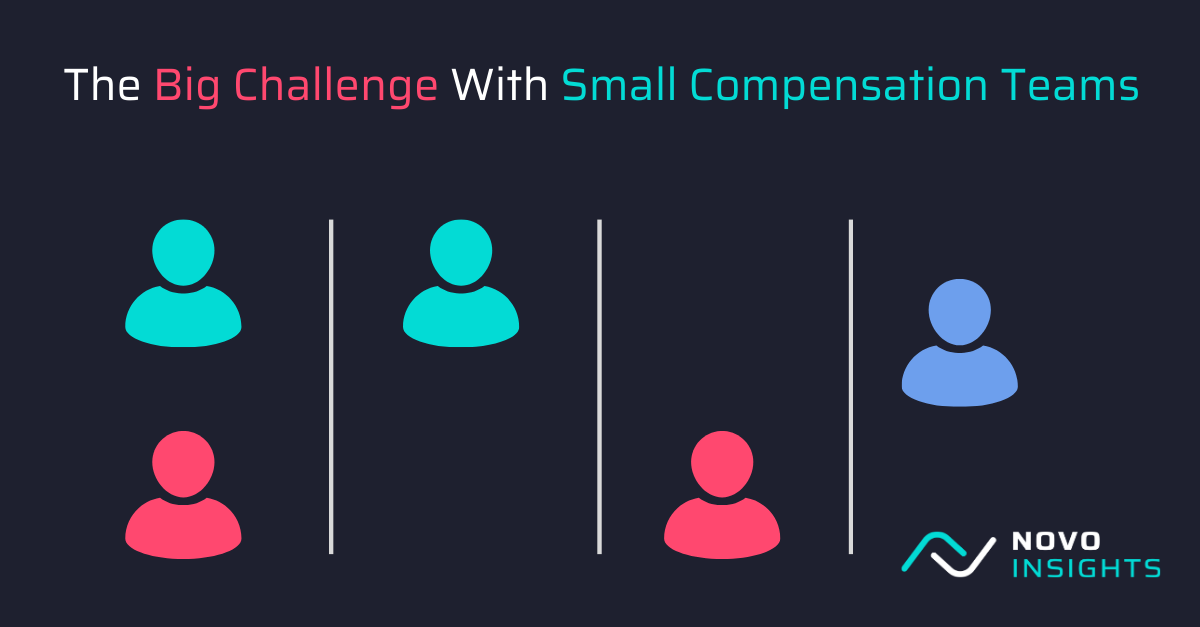A core function of the Compensation team is to monitor what's going on in the market, so how do we do that?
We see five different types of market data, each with key advantages but also with potential challenges. Our take is below - but provide your feedback on Market Data Sources by participating in our CompTech Insight Survey - Market Data version here:
The Five Sub-Categories of Market Data
Surveys are the tried and trusted source for most compensation professionals. Based on data provided by compensation teams, surveys offer a standardized and quality-controlled way to view what has been paid to the market. Common challenges with surveys are the delay in results, labor-intensive submission processes, concerns about the accuracy and consistency of job matching across companies, and the degree of participation from the right talent competitors.
Real-Time Data is a relatively new category, with benchmarks derived through integrations with an organization's HR systems, side-stepping the traditional survey submission process. These data tools provide a faster lens of what is being paid. Common concerns are the validity of the algorithms used to match jobs across companies and the robustness of the client universe (many of these sources skew to smaller organizations in the tech market).
Analytical Data uses a variety of data sources (including surveys and forms of real-time data) to construct models to predict compensation. These tools estimate what a role would be paid in a selected market, without requiring a specific sample of that role for measurement. Common challenges include skepticism about the assumptions and methods used, and a lack of clarity for leaders who like to know "who is in the sample."
Posting Data capitalizes on the relatively recent trend requiring organizations to share a wage range when posting a role. By 2024, a majority of the US workforce will be in states requiring such disclosure. This data indicates what an organization would like to pay new hires. Common challenges with this data include interpreting how new-hire targets compare to existing workers, and currently there is a location bias given not all states require disclosure.
Self-Reported Data, indicating what workers believe they are paid, has long been the pariah of compensation benchmarking, since information provided by workers has been challenged by inconsistent pay understanding and a lack of clarity on how to compare like roles. This is changing, as providers have invested in tools and algorithms to improve data quality.
Who Are the Players?
In our CompTech Market Landscape, we identify many of the major players among the Market Data subcategories.

Note that this view excludes the (many) providers of industry or location-specific survey data, and is admittedly U.S. centric by excluding many non-U.S. providers.
Which is Best?
They say "all models are wrong, but some are useful." We find all data sources to provide value, and organizations should invest in data sources that reflect how they want to execute their compensation strategy. We recommend a portfolio approach to monitoring the market, understanding the composition of different data sources and how to use them to better understand the market. Even long-loathed self-reported data must be considered, as your workforce sees this data and it informs expectations of what is competitive.
Share Your Insight
Participate in our CompTech Insight Survey and share your views on the providers of Market Data and what you find valuable.




